- 3853
- 0
Sharing Ideas and Updates on LPG in Nigeria and related information to enable effective collaboration within the LPG Value Chain
PMS Hike: Will It Affect LPG Prices In Nigeria?

With the recent hike in Premium Motor Spirit (PMS) prices causing widespread concern across Nigeria, many consumers are wondering whether this increase will have a ripple effect on the price of Liquefied Petroleum Gas (LPG). While it may seem logical to expect a connection between the two, it is important to note that the factors driving the prices of PMS and LPG are different, meaning the hike in PMS may not affect LPG prices as much as anticipated.
Key Differences Between PMS and LPG Pricing
1. PMS Was Subsidized, LPG Is Not: One of the primary differences between PMS and LPG pricing is that the Nigerian government heavily subsidized PMS until recently. These subsidies kept the price of PMS artificially low, but removing subsidies has caused the recent hike in petrol prices. In contrast, LPG prices have been deregulated for some time and have always reflected market conditions, particularly the prevailing exchange rate.
2. Impact of Foreign Exchange Rates: LPG prices are largely influenced by foreign exchange rates since Nigeria imports a significant portion of its LPG needs. The recent depreciation of the naira has already impacted LPG prices, but this is unrelated to the PMS subsidy removal. LPG pricing fluctuates based on the value of the naira against the dollar, which has been a long-standing challenge in the Nigerian market.
3. Market Regulation Differences: The deregulation of LPG prices means that they more accurately reflect global market conditions. In contrast, PMS prices were kept low for years due to government subsidies. Now that these subsidies are gone, PMS prices are adjusting to reflect true market values. This difference in regulatory frameworks further insulates LPG from the direct impact of PMS hikes.
Why LPG Prices May Not Rise Due to PMS Hike
1) Different Cost Structures: The cost of LPG is primarily influenced by global LPG prices, the cost of imports, and the exchange rate. These factors differ significantly from those affecting PMS, which was subsidized by the government until recently. Therefore, the rise in PMS prices does not necessarily have a direct influence on LPG prices.
2) Focus on Local Production: There is a growing emphasis on increasing local LPG production to meet domestic demand. As the Nigerian Liquefied Petroleum Gas Association (NLPGA) works to boost local production, this effort could further stabilize LPG prices, insulating them from any inflationary pressures resulting from PMS hikes.
3) PMS and LPG Serve Different Markets: While both products come from the petroleum sector, their markets and usage are different. PMS is mainly used for fuelling vehicles, while LPG is primarily for cooking and household use. Since the demand dynamics for these two products differ, it’s unlikely that a price hike in one will directly lead to a rise in the other.
While the hike in PMS prices may affect various aspects of the Nigerian economy, it is unlikely to have a direct impact on LPG prices. LPG pricing is deregulated and driven by different market forces, primarily the exchange rate and global LPG prices. As long as efforts to boost local production continue and the government remains committed to a stable forex market, LPG prices should remain largely unaffected by the current PMS situation.
For consumers, this is good news, as it means that the cost of cooking gas is less likely to surge due to the recent hike in petrol prices, despite the overall economic challenges.





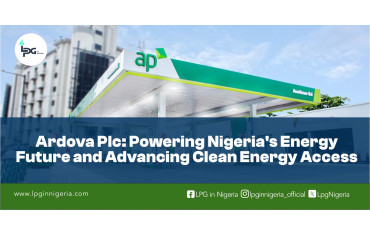
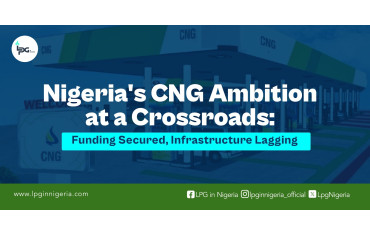
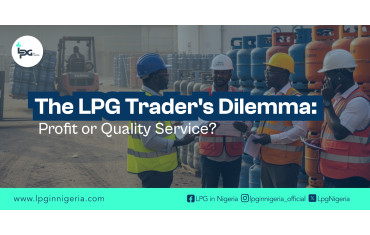

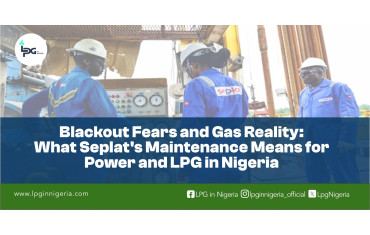
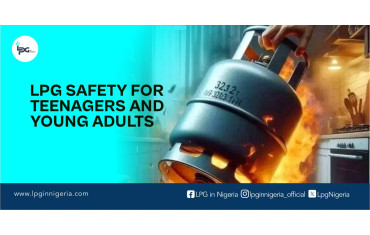





0 Comment.